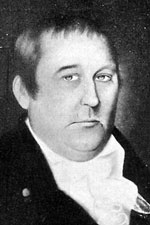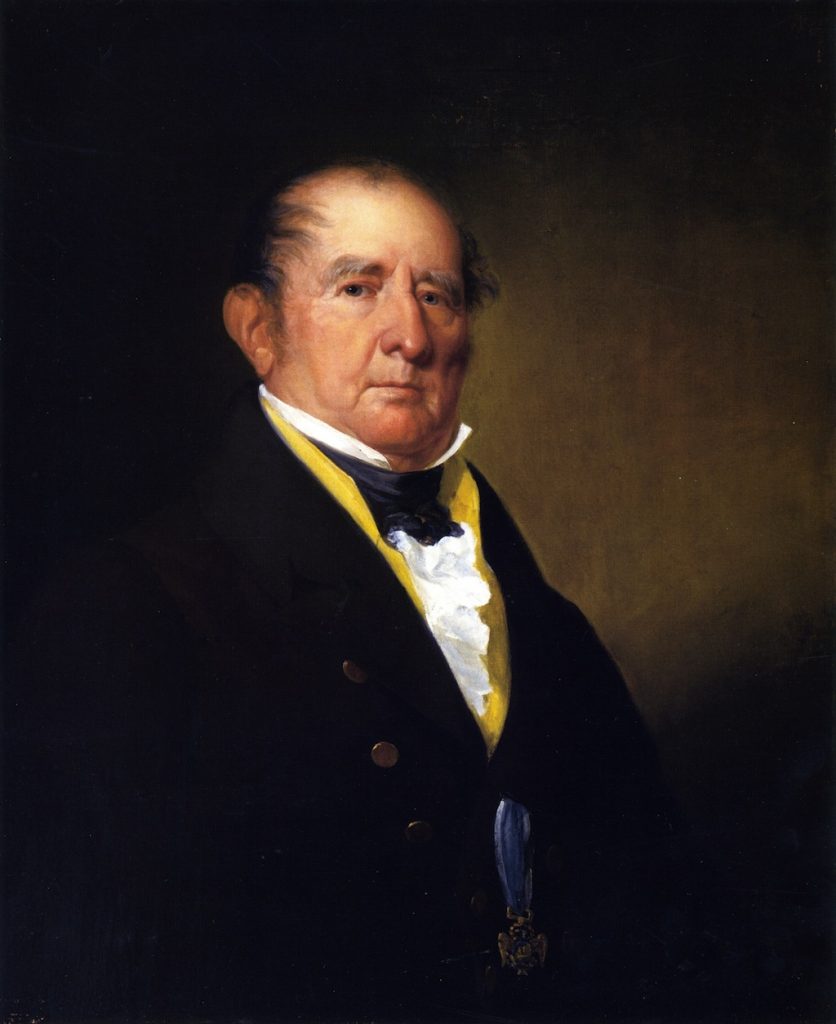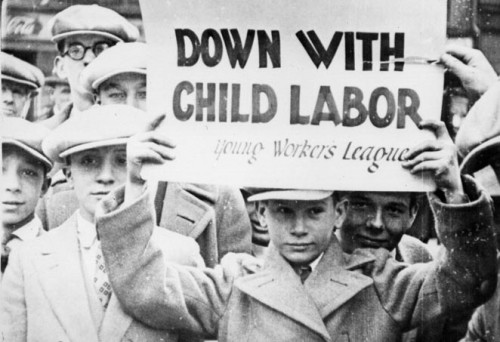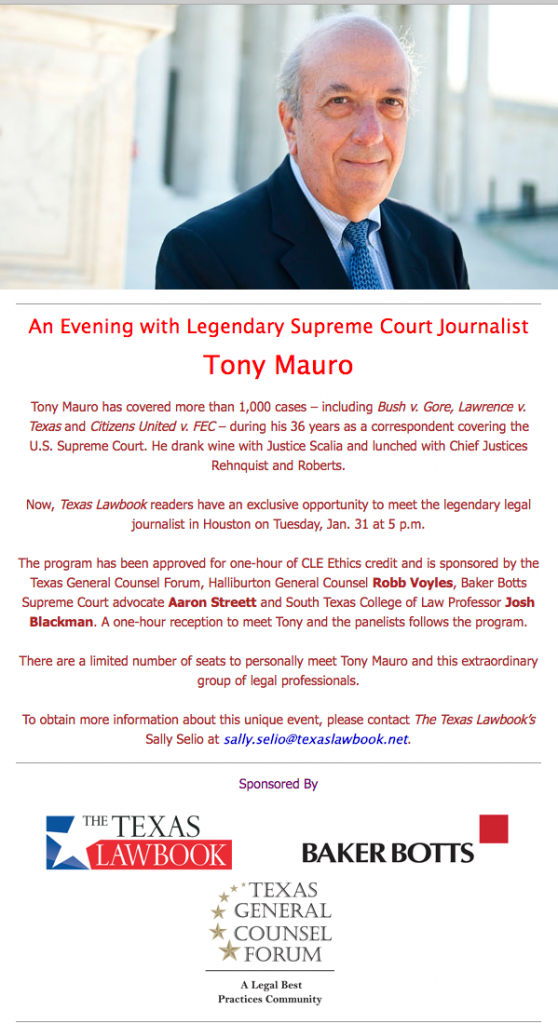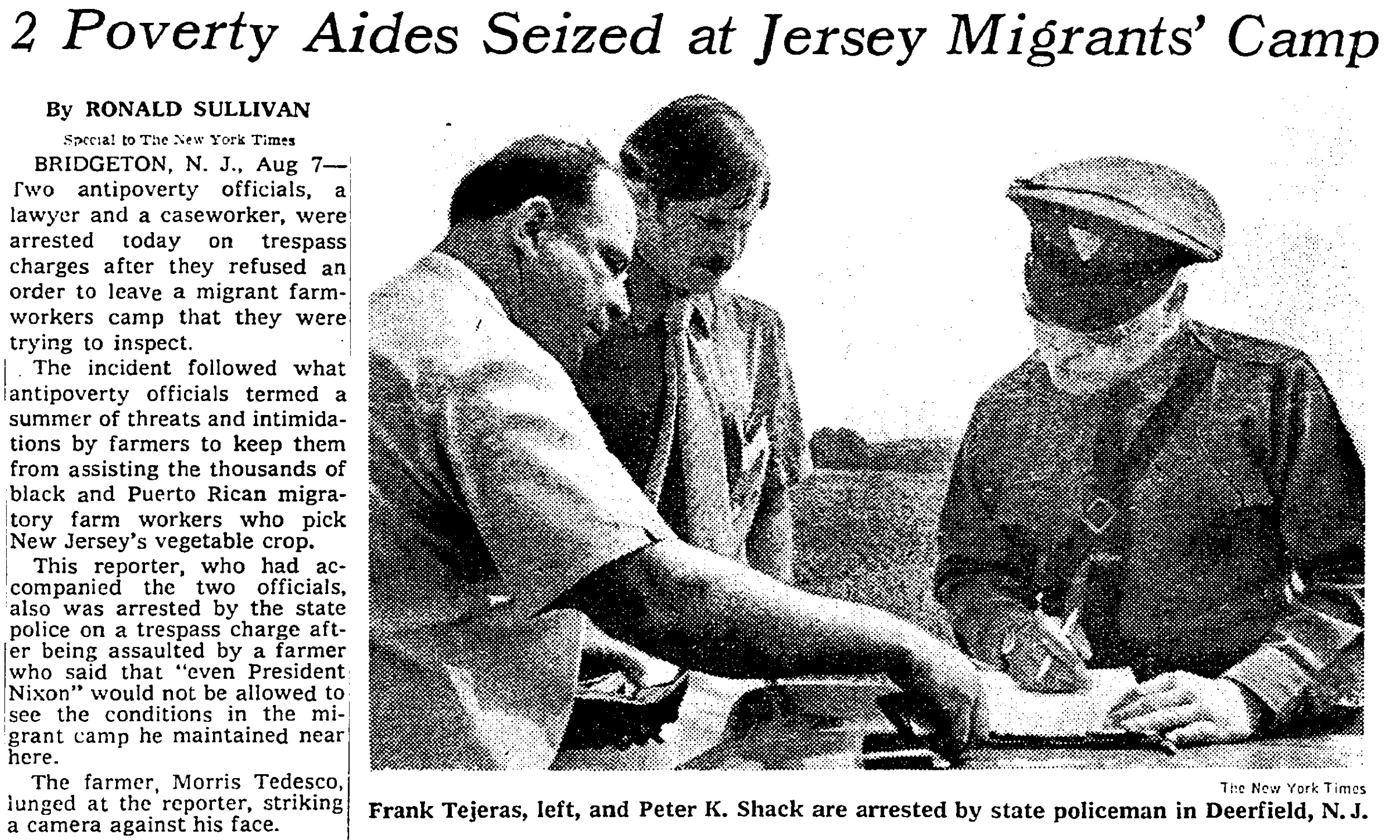Last night around 10:00 PM CT, an editor from Politico Magazine asked me if I could turn around a piece on Yates’s firing, based on my blog posts and tweets. In about 90 minutes, I put together this OpEd, which I think accurate characterizes my thoughts.
Here is the introduction:
Democrats are calling it the Monday Night Massacre. On Monday evening, Acting Attorney General Sally Yates announced that under her leadership, the Justice Department would not defend President Donald Trump’s executive order on immigration. After acknowledging that the Office of Legal Counsel had reviewed the policy, and noting that the Civil Division could defend it in court, she personally rebuffed the president’s judgment, which she did not find “wise or just.” Yates, a career prosecutor appointed by Barack Obama, is now being hailed for standing up to a supposedly “tyrannical” president, according to a statement blasted out by the Democratic National Committee.
But this has it wrong. If Yates truly felt this way, she should have told the president her conclusions in confidence. If he disagreed, she had one option: resign. Instead, she made herself a political martyr and refused to comply. Trump obliged, and replaced her with the U.S. attorney for the Eastern District of Virginia, Dana Boente. While this late-night termination may bring to mind President Richard Nixon’s infamous “Saturday Night Massacre,” the analogy is inapt. This is a textbook case of insubordination, and the president was well within his constitutional powers to fire her. Call it the Monday Night Layoff instead.
While I defend Trump’s constitutional authority to remove the acting attorney general, his message accompanying the termination warrants a careful study. Announcing her firing, the president wrote that Yates had “betrayed the Department of Justice by refusing to enforce a legal order.” Charges of betrayal will only serve to chill voices of dissent within the Justice Department, and limit internal checks on the White House. Though Yates erred egregiously by making her opinion public, rather than resigning, others within the executive branch should feel free to raise constitutional doubts to the White House. However, if those in the minority sense that they will be deemed traitors, the voices of reason within the government will be silenced for fear of persecution. I worry that Yates’s foolish last stand will poison the well of President Trump’s already-low estimation of lawyers that tell him “no.” Her selfish act of painless self-flagellation—which will no doubt be rewarded by a lifetime of adulation from the left—will in the long run be counterproductive, and unfortunately inhibit dissent within an already skittish agency. Yates’s plan backfired, big league.
